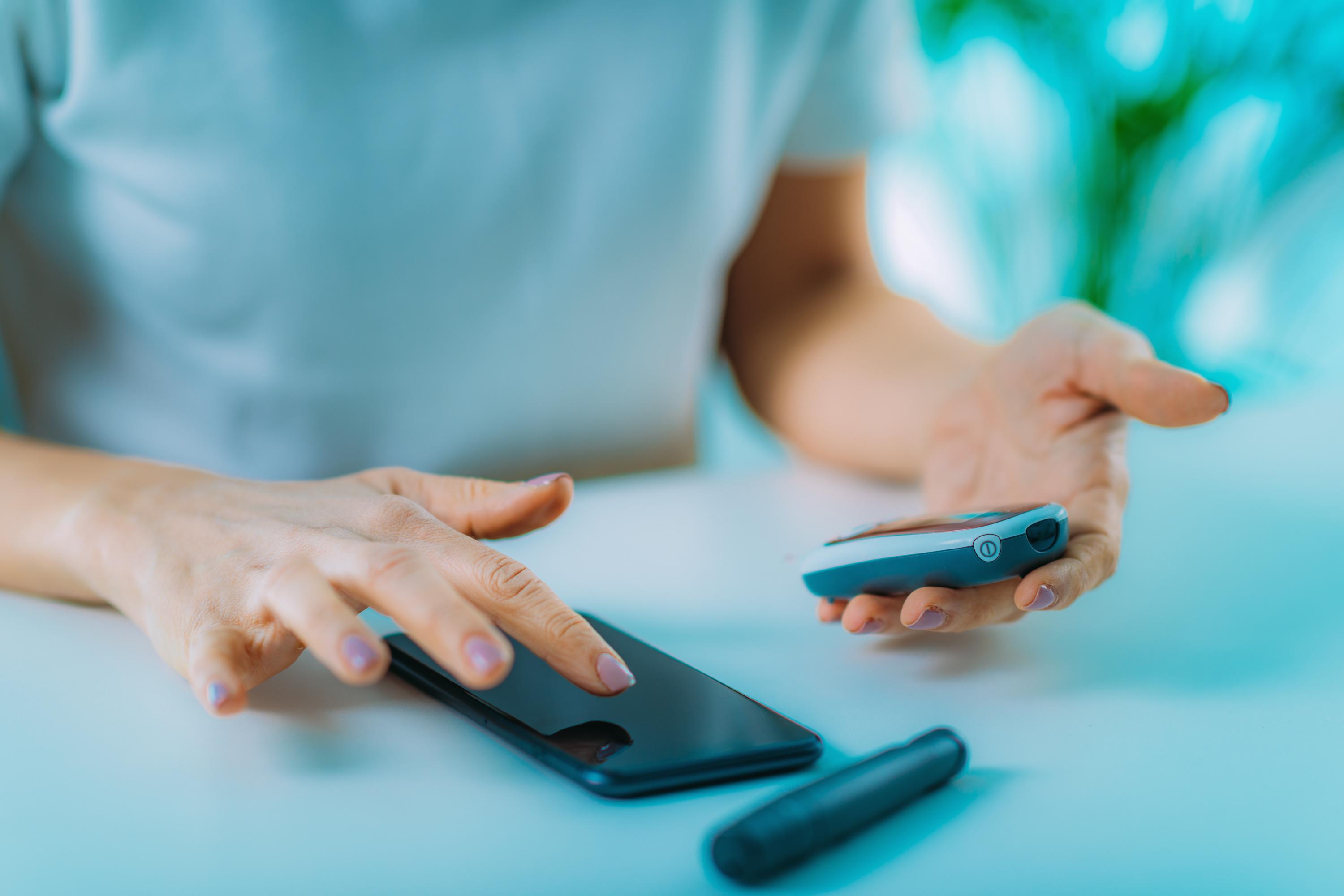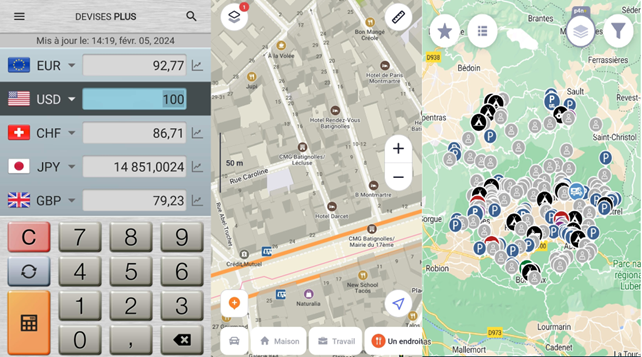Mobile health and wellness apps have been flooding smartphone app stores since the Covid-19 outbreak.
Designed to improve our quality of life, they often feed on information about our behavior as well as medical data.
Sometimes a reminder tool, sometimes a diagnostic tool, they are mainly used to offer a greater sense of autonomy to patients.
But do they all have a medical interest?
According to a recent study published in the
Journal of Medical Internet Research
, 64% of "
e-health " applications
» would not have carried out a clinical study to demonstrate their effectiveness.
Only 21% of them would have carried out randomized studies, the most common method for proving the scientific reliability of a product.
” READ ALSO –
The National Health Agency warns against diabetes management applications
Carried out on 68 French applications, the study developed an evaluation system called "
MDS score
" (Medical Digital Solution), based on the criteria of the High Authority for Health (HAS) and the recommendations of the European Society of Oncology. medical.
An international version of the score will also be released soon to facilitate support and comparison abroad.
Professor Fabrice Denis, president of the National Institute of e-health and co-author of the report, explains to
Figaro
: "
it's difficult for the average user to evaluate applications and that's the whole point
".
Although still not very democratized,
must be asked, says Denise Silber to
Le Figaro
, another co-author of the report and founder of Basil Strategies and VRforHealth.
“Moderate” risks
Above all, “
the real risk depends on the objective of the application
”, specifies Denise Silber.
Since they generally consist of giving advice to patients, the risks generated by the use of unreliable applications are “
moderate
”, reassures the professor and oncologist Fabrice Denis.
For example, those who analyze and list the symptoms have a very high level of sensitivity and often call to consult a doctor.
However, if the application is supposed to communicate an alert and gives none, which is rarer, "
there is a real subject
".
Beyond the proven effectiveness of the systems, the question of the protection of private data must also be asked.
In France,
, assures Denise Silber,
but the risk remains real
”.
Paradoxically, even without satisfactory clinical evaluation, nothing is illegal.
"
Not all of them have to be a medical device and even if they are, there is no need for clinical studies with a high level of evidence
", explains Fabrice Denis.
Often, the systems are developed by opportunity and “
not necessarily guided by a real medical question
”.
That said, “
things are improving and publishers have realized that they have to prove their ambitions
,” he adds.
For the moment, the European "
CE
" marking is a preliminary indicator which makes it possible to guarantee a certain level of confidence, but "
it is not as simple as one would like
",
” READ ALSO –
An application to monitor the development of your child
How to be careful?
While waiting for the creation of a tool allowing users to evaluate a health application for themselves, Denise Silber advises applying a few basic reflexes.
First of all, check the presence of the “
CE
” marking, then read the comments and opinions of users in the stores and stay away from applications that have none or very little.
Finally, especially in the case of chronic disease, contact the patient association for the disease that concerns you to be redirected to approved applications with personalized follow-up.









